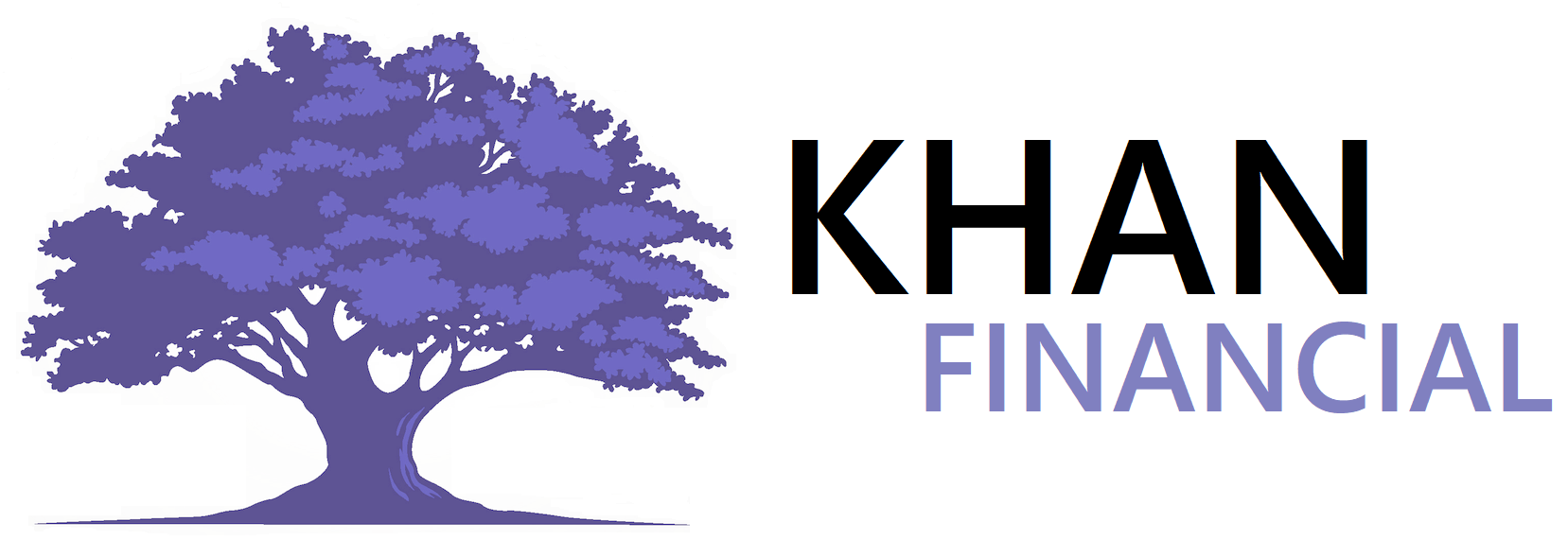10 Tax Changes for Canadians in 2023
2023 will see some notable tax changes – below we highlight 7 changes for all Canadians and 3 for Ontario residents.
10 Tax Changes for Canadians in 2023
Today, we highlight 7 tax changes for Canadians in 2023 and 3 changes that apply to Ontario residents.
The Basic Personal Amount (BPA) has been increased
The basic personal amount is a tax credit that all Canadian taxpayers can claim to help reduce the federal income tax they owe. Federal income tax rates don’t kick in until after the individual has earned more than the basic personal amount. For the 2022 taxation year, the basic personal amount is $14,398. For 2023, the basic personal amount will be increased to $15,000. Moving forward, the federal government announced that it would begin indexing the basic personal amount to inflation (which it previously wasn’t).
Multigenerational Home Renovation Tax Credit
The multigenerational home renovation tax credit took effect January 1, 2023 for expenses related to building a secondary suite for a family member who is a senior or an adult with a disability. The credit will provide a 15% tax refund on expenses of up to $50,000 to a maximum of $7,500.
Anti-flipping rules for residential real estate
The new tax law, which became effective on January 1, 2023, will disallow the use of the principal residence exemption to shelter the capital gain realized on the sale of your home if you’ve owned it for less than 12 months, allowing for certain exceptions such as death, disability, separation and work relocation. Instead, the gain will be 100 per cent taxable as business income.
First home savings account (FHSA)
2023 will see the launch of a new registered account that allows prospective first-time home buyers to save for a down payment on a tax-free basis. FHSA contributions would be tax-deductible (like an RRSP), and withdrawals to purchase a first home would be non-taxable (like a TFSA). In an FHSA, you are not required to pay back the funds withdrawn toward the purchase of a qualifying home. The FHSA allows account holders to contribute up to $8,000 annually to a lifetime maximum of $40,000.
First-Time Home Buyers’ Tax Credit (HBTC)
The First-Time Home Buyers’ Tax Credit is a $10,000 non-refundable tax credit. Up until 2021, the tax credit amount was $5,000, but in 2022 legislation was passed to increase this to $10,000 for that year and all subsequent tax years. If you’re buying a home for the first time, claiming the first-time homebuyer credit can land you a total tax rebate of $1,500 (it was $750 prior to the 2022 Federal Budget being approved).
Home Accessibility Tax Credit (HATC)
If you’re renovating your home to make it more accessible, keep in mind that you can get a tax credit for the eligible expenses. The home accessibility tax credit (HATC) was introduced by the federal government to help make homes safer and more accessible for people with disabilities (those eligible for the disability tax credit) and elderly people (age 65 or over). The annual expense limit for the home accessibility tax credit has been doubled to $20,000 for 2022 and later years.
Individuals with Type 1 diabetes now qualify for the Disability Tax Credit (DTC)
The disability tax credit (DTC) is a non-refundable tax credit that helps persons with disabilities or their supporting persons reduce the amount of income tax they may have to pay. It is to be used by individuals who have a severe mental or physical impairment which markedly restricts the basic activities of daily living and/or need and dedicate time for Life-Sustaining Therapy. As of June 23, 2022, the government has legislated that people living with type 1 diabetes qualify for the Disability Tax Credit.
Ontario Staycation Tax Credit
Ontario residents can claim 20% of their eligible 2022 accommodation expenses, for example, for a stay at a hotel, cottage, or campground, when filing their personal Income Tax and Benefit Return for 2022. You can claim eligible expenses of up to $1,000 as an individual or $2,000 if you have a spouse, common-law partner or eligible children, to get back up to $200 as an individual or $400 as a family.
Ontario Seniors Care at Home Tax Credit
The Ontario Seniors Care at Home Tax Credit is a refundable personal income tax credit to help low- to moderate-income seniors with eligible medical expenses, including expenses that support aging at home. The credit is equal to 25% of your eligible medical expenses up to $6,000, for a maximum credit of $1,500. This amount is reduced by 5% of family net income over $35,000 and fully phased out by at most $65,000. The credit can be claimed in addition to the non‐refundable federal and Ontario medical expense tax credits for the same eligible expenses.
Seniors’ Home Safety Tax Credit
The Seniors’ Home Safety Tax Credit is a temporary, refundable personal income tax credit that can help you make your home safer and more accessible, helping you stay in your home longer. The credit is available for the 2021 and 2022 tax years and is worth 25% of up to $10,000 in eligible expenses per year for a senior’s principal residence in Ontario. Expenses must be paid or payable in 2021 and 2022. The maximum credit is $2,500 per year.
All tax changes are subject to specific rules and eligibility criteria. Please contact us to learn more.


Leave a Reply